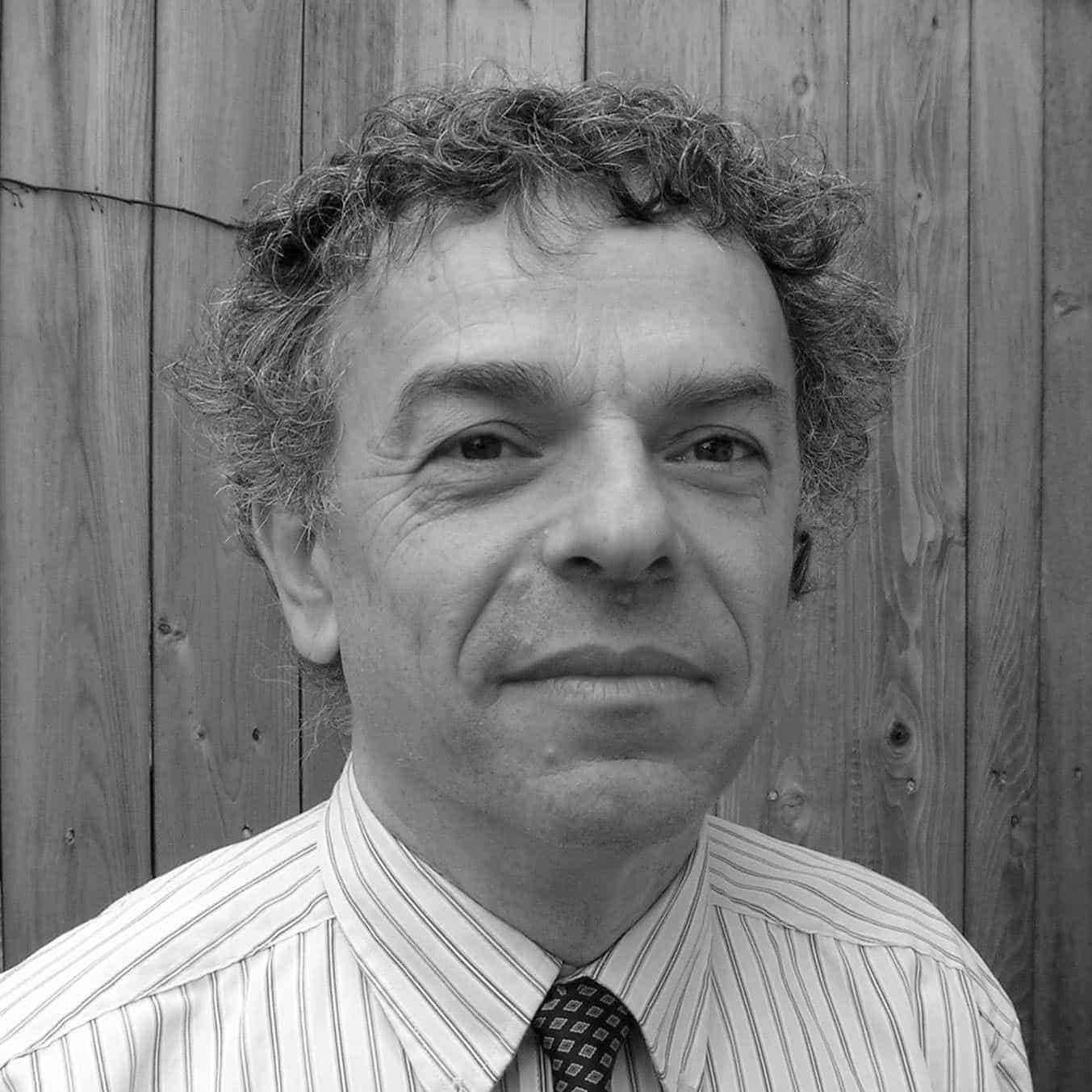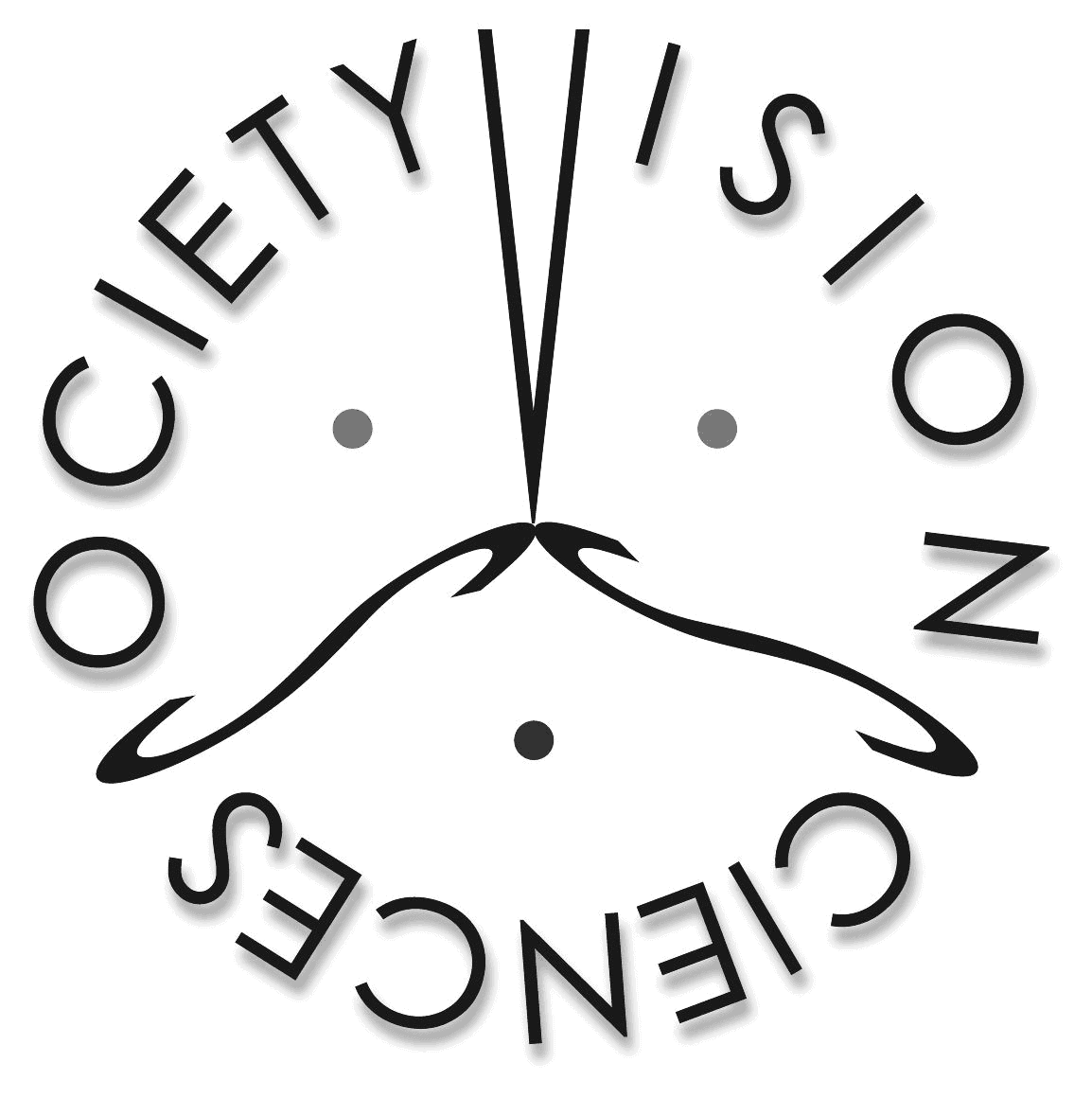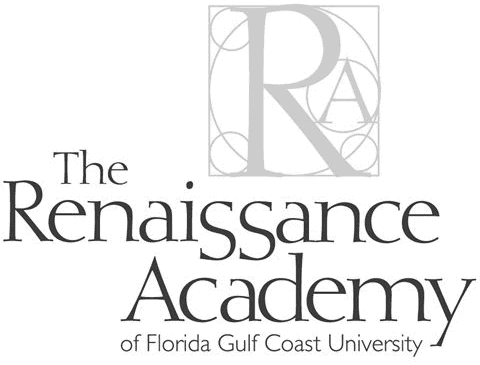Jeremy Wolfe
Harvard Medical School
 Jeremy Wolfe became interested in visual perception during the course of a summer job at Bell Labs in New Jersey after his senior year in high school. He graduated summa cum laude from Princeton in 1977 with a degree in Psychology and went on to obtain his PhD in 1981 from MIT, studying with Richard Held. His PhD thesis was entitled “On Binocular Single Vision”. Wolfe remained at MIT as a lecture, assistant professor, and associate professor until 1991. During that period, he published papers on binocular rivalry, visual aftereffects, and accommodation. In the late 1980s, the focus of the lab shifted to visual attention. Since that time, he has published numerous articles on visual search and visual attention. He is, perhaps, best known for the development of the Guided Search theory of visual search. In 1991, Wolfe moved to Brigham and Women’s Hospital where he is Director of the Visual Attention Lab and of the Radiology Department’s Center for Advanced Medical Imaging. He is Professor of Ophthalmology and Radiology at Harvard Medical School.
Jeremy Wolfe became interested in visual perception during the course of a summer job at Bell Labs in New Jersey after his senior year in high school. He graduated summa cum laude from Princeton in 1977 with a degree in Psychology and went on to obtain his PhD in 1981 from MIT, studying with Richard Held. His PhD thesis was entitled “On Binocular Single Vision”. Wolfe remained at MIT as a lecture, assistant professor, and associate professor until 1991. During that period, he published papers on binocular rivalry, visual aftereffects, and accommodation. In the late 1980s, the focus of the lab shifted to visual attention. Since that time, he has published numerous articles on visual search and visual attention. He is, perhaps, best known for the development of the Guided Search theory of visual search. In 1991, Wolfe moved to Brigham and Women’s Hospital where he is Director of the Visual Attention Lab and of the Radiology Department’s Center for Advanced Medical Imaging. He is Professor of Ophthalmology and Radiology at Harvard Medical School.
At present, the Visual Attention Lab works on basic problems in visual attention and their application to such problems as airport security and medical screening. The lab is funded by the US National Institutes of Health, Office of Naval Research, and Department of Homeland Security. The Center for Advanced Medical Imaging is devoted to understanding and improving the consumption of images in clinical radiology.
Wolfe has taught Introductory Psychology, Psychology and Literature, and Sensation and Perception at MIT & Harvard and other universities. He is the Editor of the journal, Attention, Perception and Psychophysics (AP&P, formerly P&P). Wolfe is Past-President of the Eastern Psychological Association and President of Division 3 of the American Psychological Association. He is chair of the Soldier Systems Panel of the Army Research Lab Technical Assessment Board (NRC). He won the Baker Memorial Prize for teaching at MIT in 1989. He is a fellow of the American Assoc. for the Advancement of Science, the American Psychological Association (Div. 3 & 6), the American Psychological Society, and a member of the Society for Experimental Psychologists. He lives in Newton, Mass. with his wife, Julie Sandell (Professor of Neuroanatomy and Assoc. Provost at Boston U.). has three sons (Benjamin – 24, Philip – 22, and Simon – 15), a cat, two snakes, and occasional mice.
The Salami at the Airport: Visual Search Gets Real
Saturday, May 7, 2011, 10:00 – 11:30 am, Renaissance Academy of Florida Gulf Coast University
We are built to search. Our ancestors foraged for food. We search for pens, keys, and cars in parking lots. Some searches are hard and important: think about the search for cancer in x-rays or security threats in luggage. We are remarkably good at search. How do you mange to find the cornstarch in the cupboard? However, we are not as good as we would like to be. How could you miss something (like a gun or a tumor) that is, literally, right in front of your eyes? How might we reduce errors in socially important search tasks?
About the VSS Public Lecture
The annual public lecture represents the mission and commitment of the Vision Sciences Society to promote progress in understanding vision, and its relation to cognition, action and the brain. Education is basic to our science, and as scientists we are obliged to communicate the results of our work, not only to our professional colleagues but to the broader public. This lecture is part of our effort to give back to the community that supports us.
Jointly sponsored by VSS and the Renaissance Academy of Florida Gulf Coast University.


